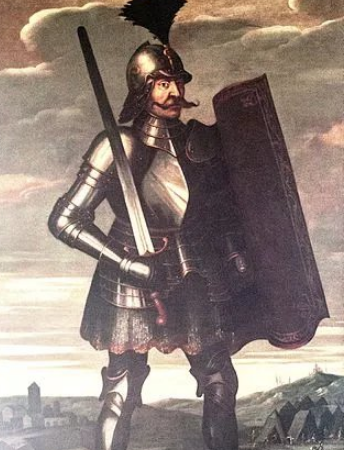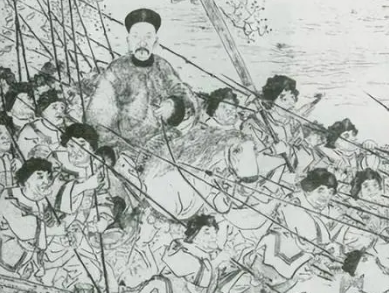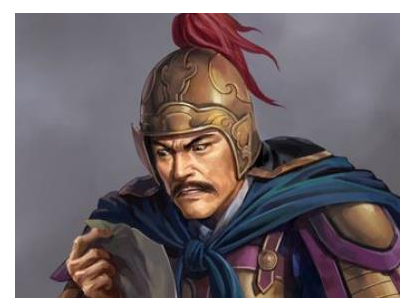In Chinese history, Cao Cao has always been a controversial figure. His image is often portrayed as a cunning and scheming politician in later literary and dramatic works, such as the typical example in "Romance of the Three Kingdoms". However, with the deepening of historical research, there is increasing evidence that the real Cao Cao is not as bad as we imagined. This article will explore the real image of Cao Cao in history and its impact on later generations based on real data.

1. Political and Military Talents
Cao Cao was an outstanding politician and militarist. He unified the north during the chaotic period of the Three Kingdoms and established the powerful Cao Wei regime. Cao Cao's political talents are reflected in his reform of internal affairs, such as the implementation of the Tun Tian system and the improvement of the official selection mechanism. These measures effectively restored the economic order after the war and improved social productivity.
2. Cultural Contributions
Cao Cao was also a talented litterateur, and his poems have high artistic value and have had a profound impact on later literature. His works such as "Watching the Vast Sea" and "Short Song Line" have been handed down to this day, showing his literary talent and profound thoughts and emotions.
3. Personal Charm
According to historical records, Cao Cao treated people with kindness and respect, and was able to attract and use a large number of talents, such as Xun Yu, Guo Jia, and Jia Xu, who were all his capable assistants. His personal charm and political wisdom made many talents willing to serve him.
4. The Transformation of Historical Evaluation
With the deepening of historical research, scholars have begun to evaluate Cao Cao's historical status more comprehensively. They believe that although Cao Cao's means are decisive, he is not a scheming person without principles. His life has made tremendous contributions to the unification of the country and the progress of the nation.
Conclusion:
Cao Cao in history is a complex figure, and his image should not be limited to a single aspect in traditional literary and artistic works. Through more comprehensive historical research, we can see a more three-dimensional and flesh-and-blood image of Cao Cao. His talents, contributions, and influence on culture deserve our re-recognition and evaluation. Therefore, we should abandon preconceived biases, objectively examine historical figures, and understand their lives and actions from a more fair perspective.
Disclaimer: The above content is sourced from the internet and the copyright belongs to the original author. If there is any infringement of your original copyright, please inform us and we will delete the relevant content as soon as possible.































